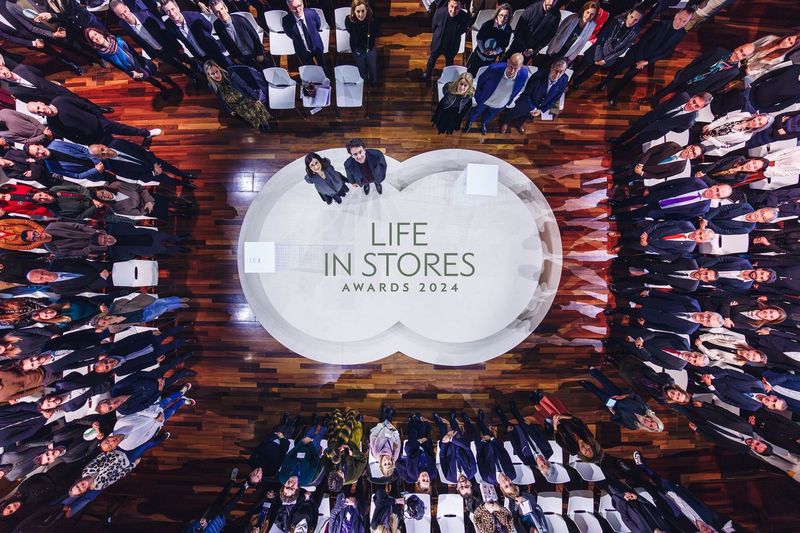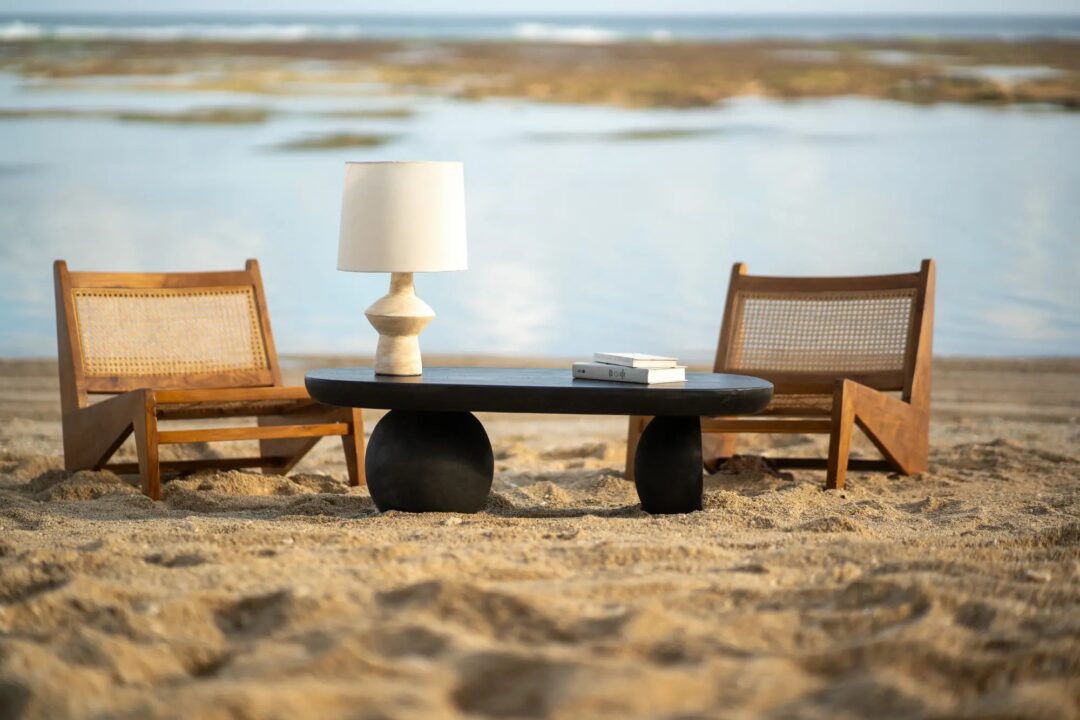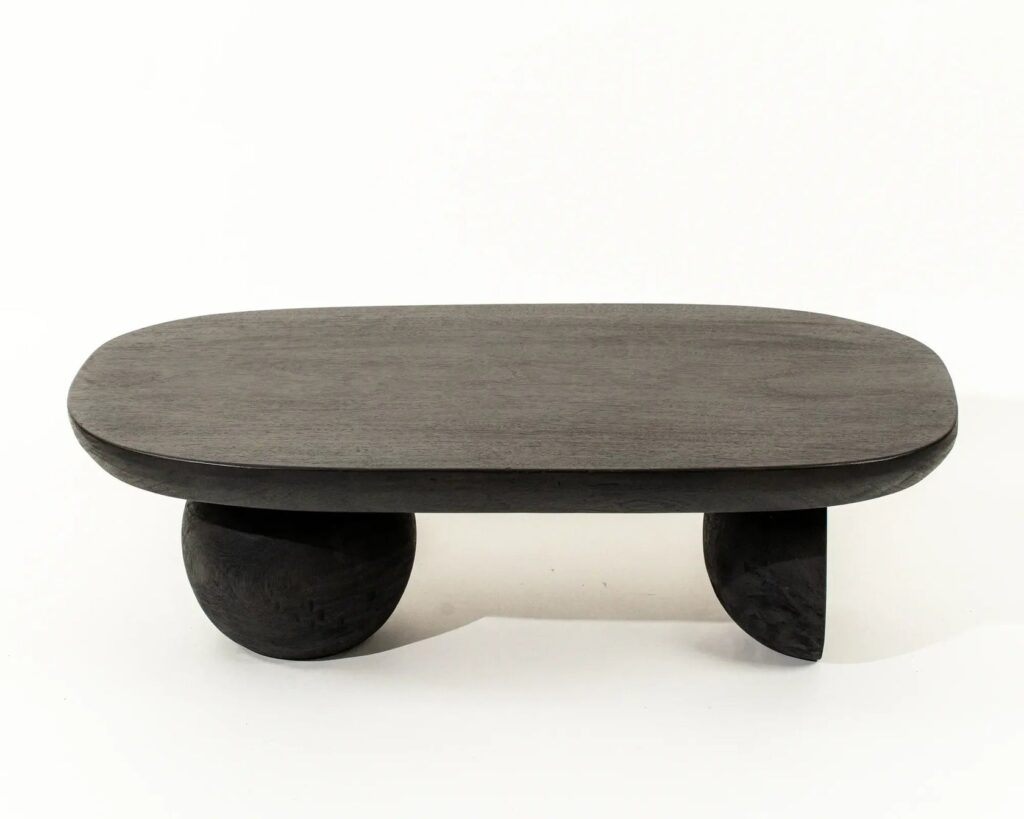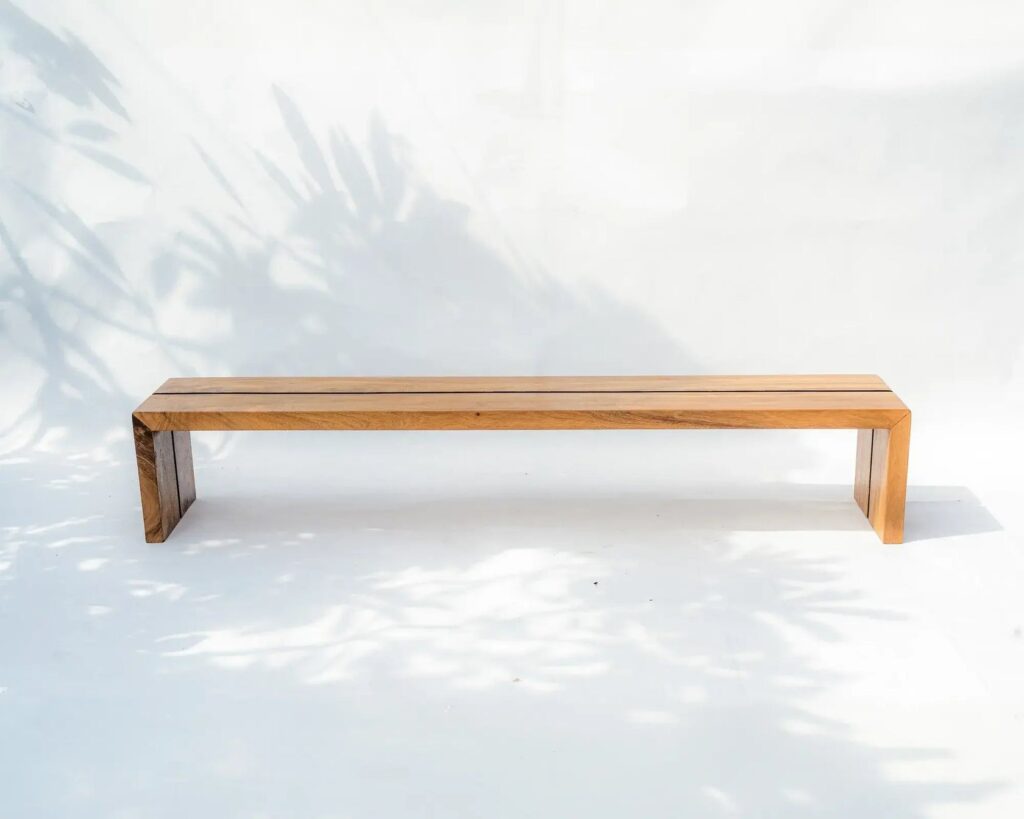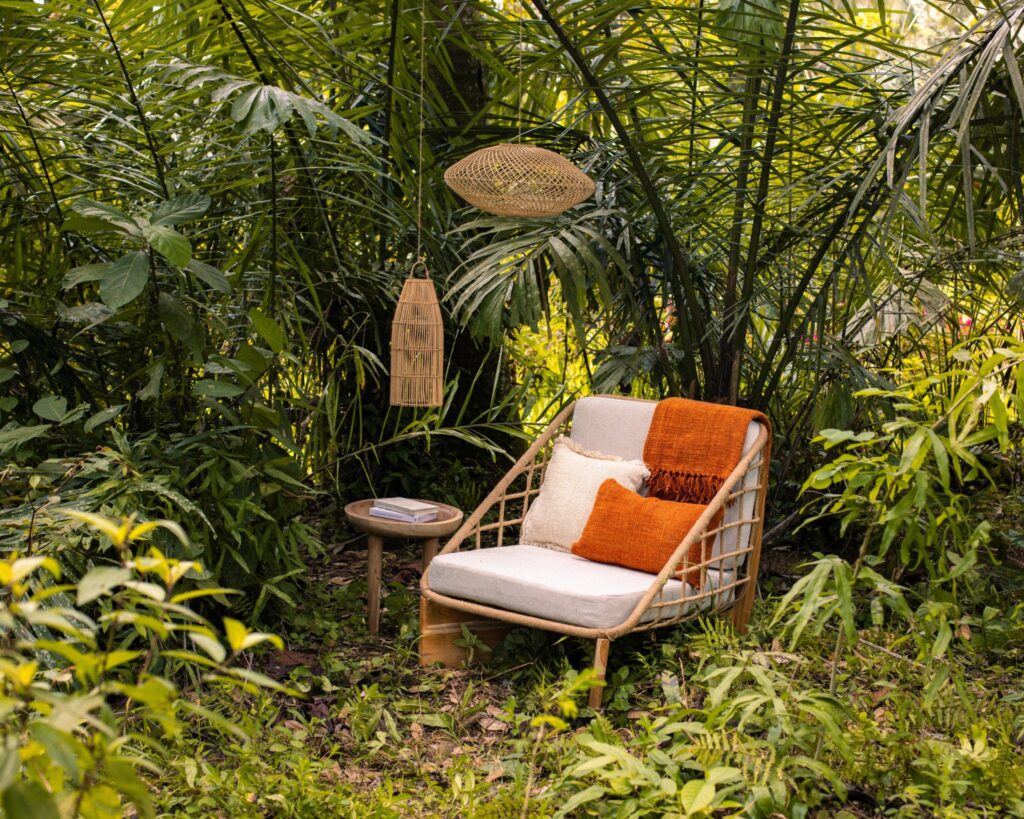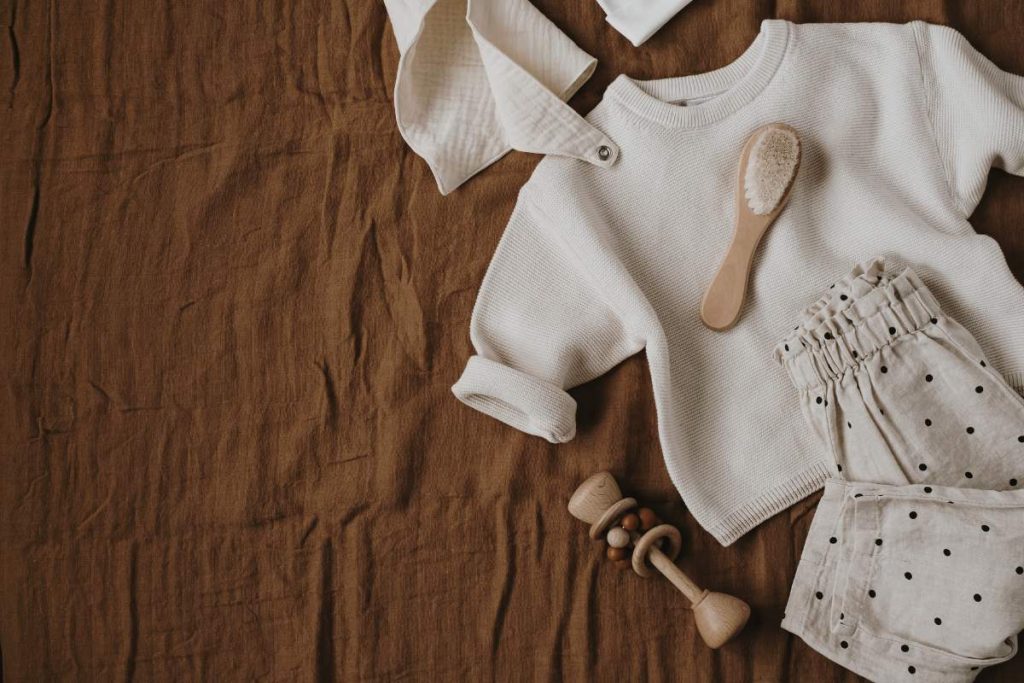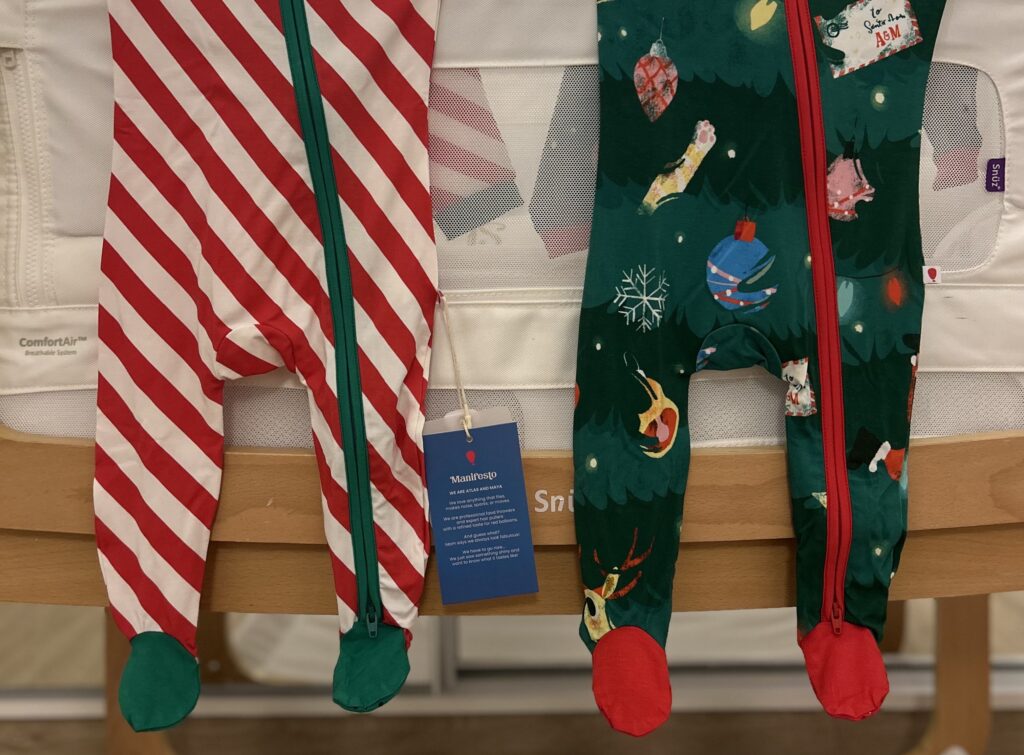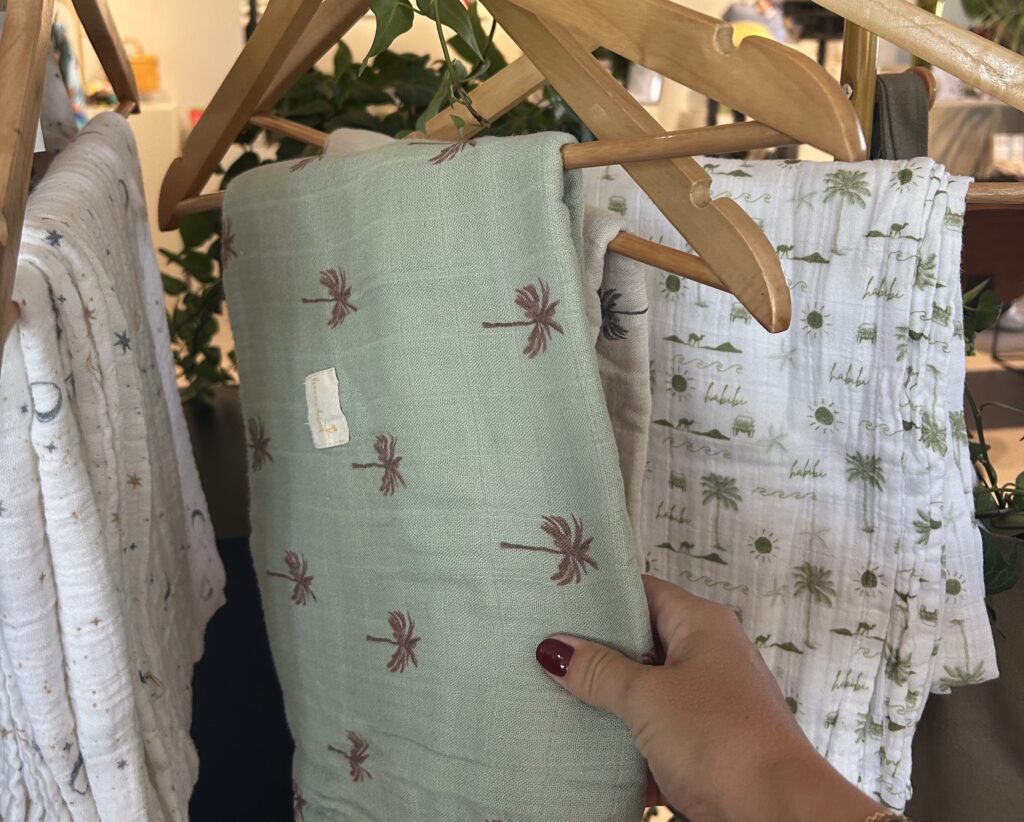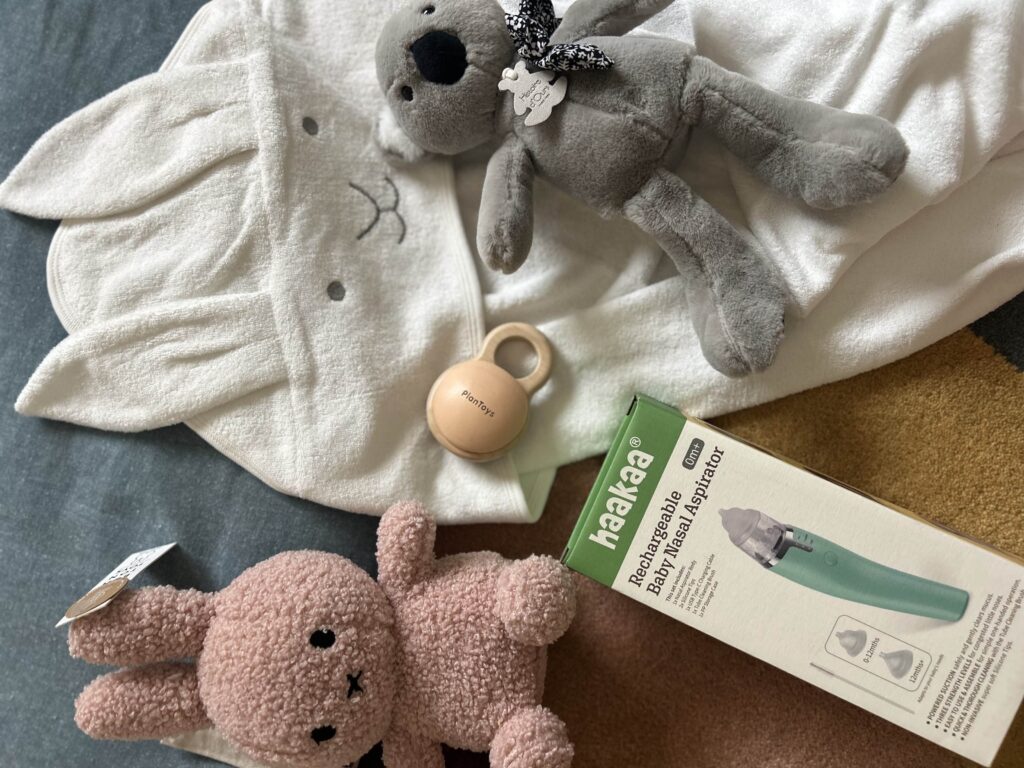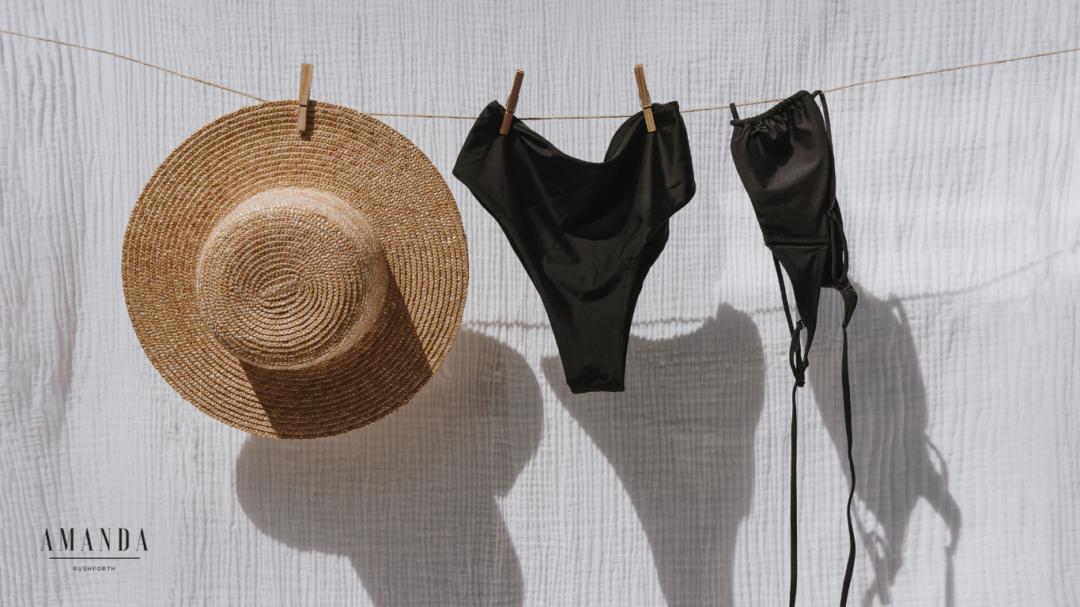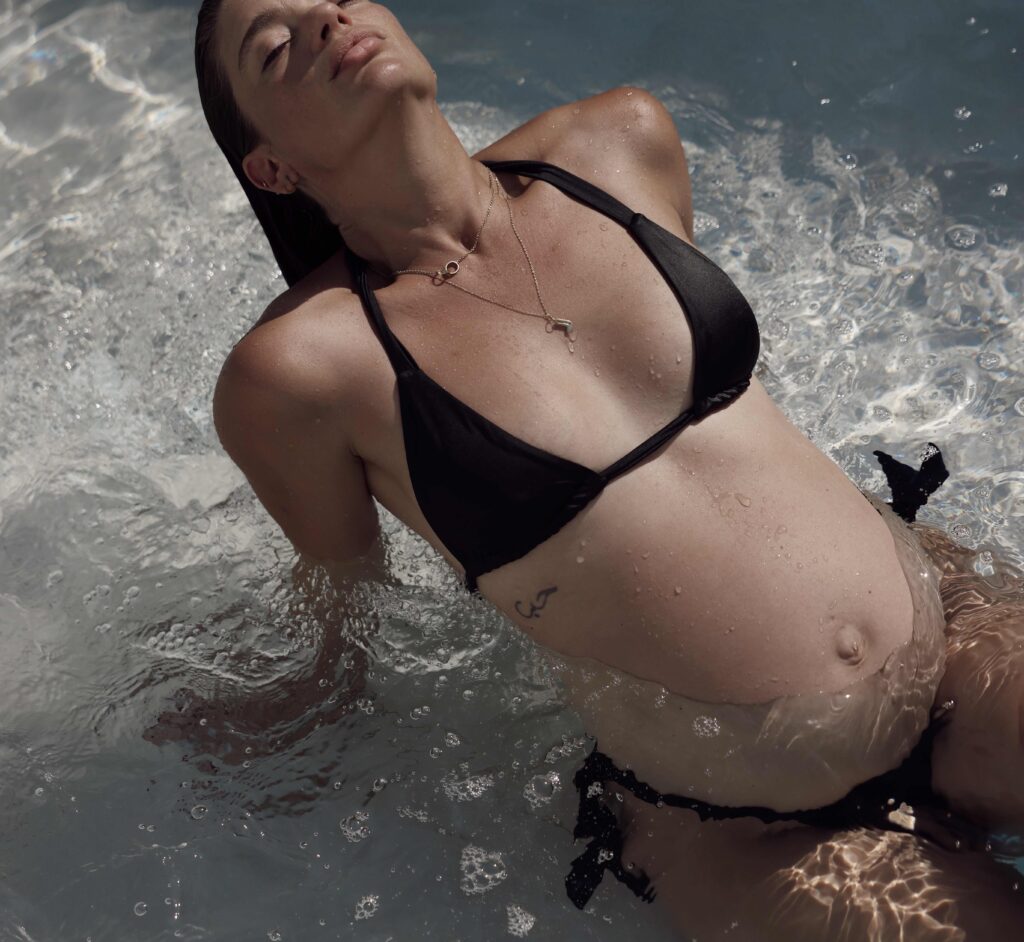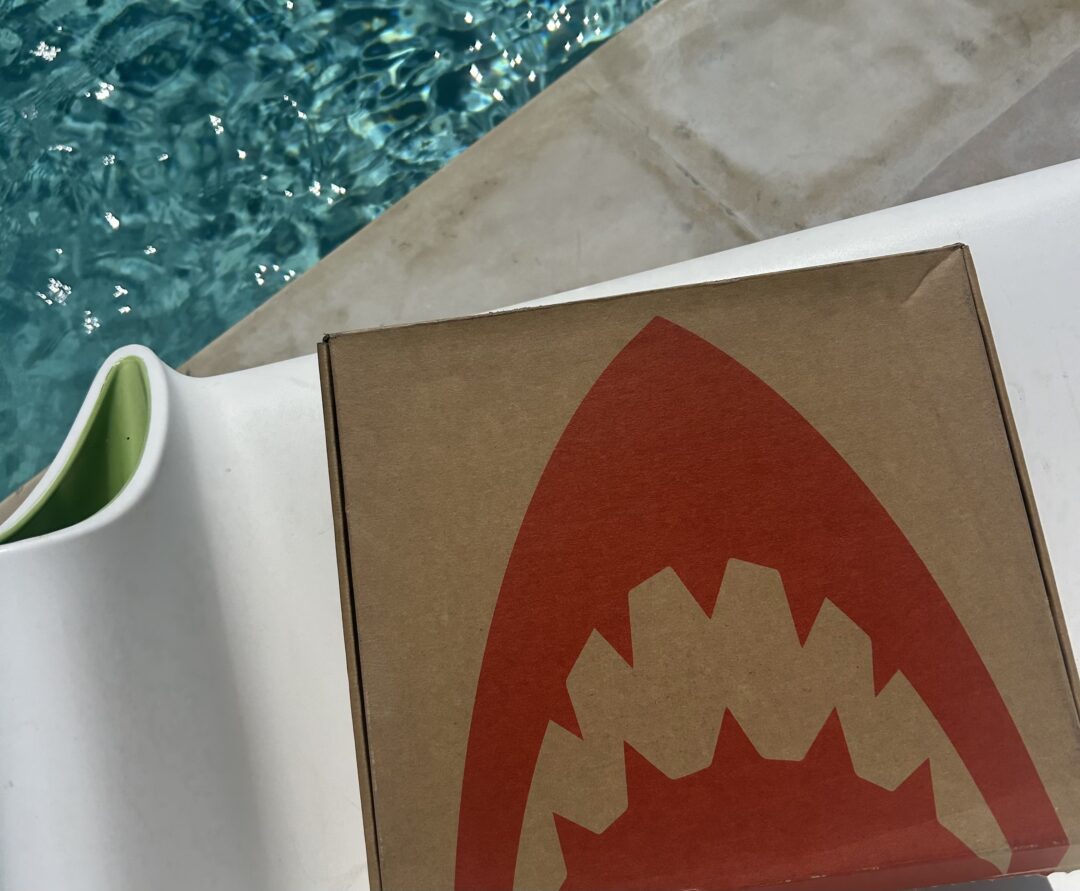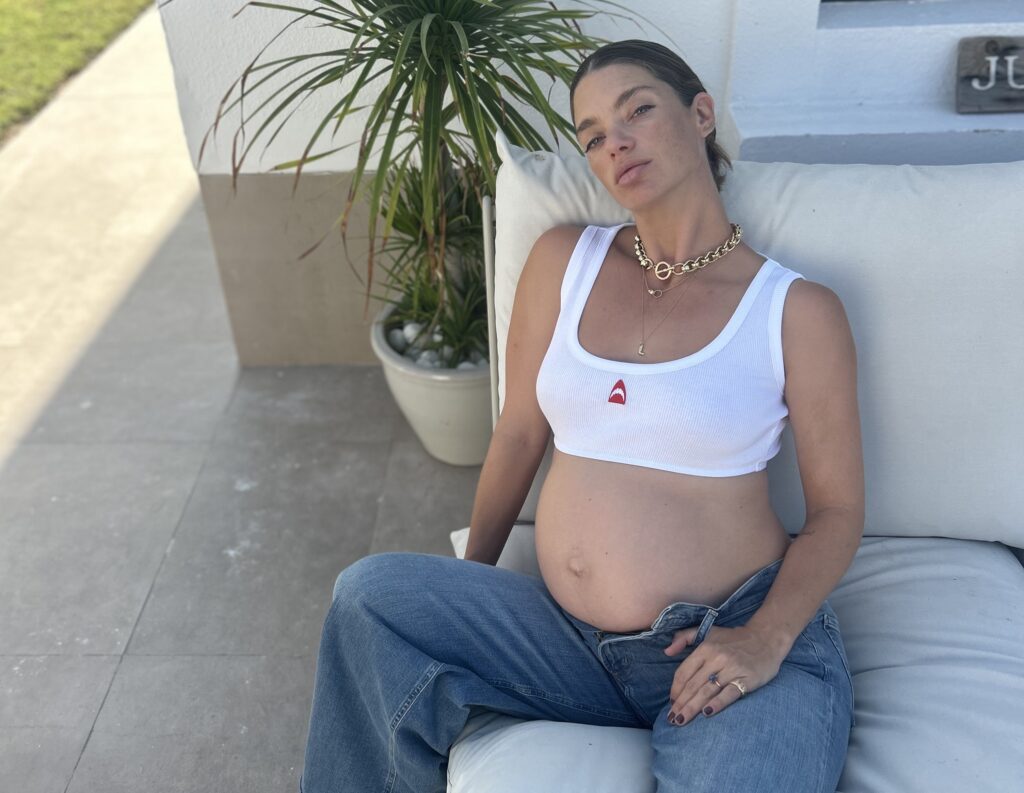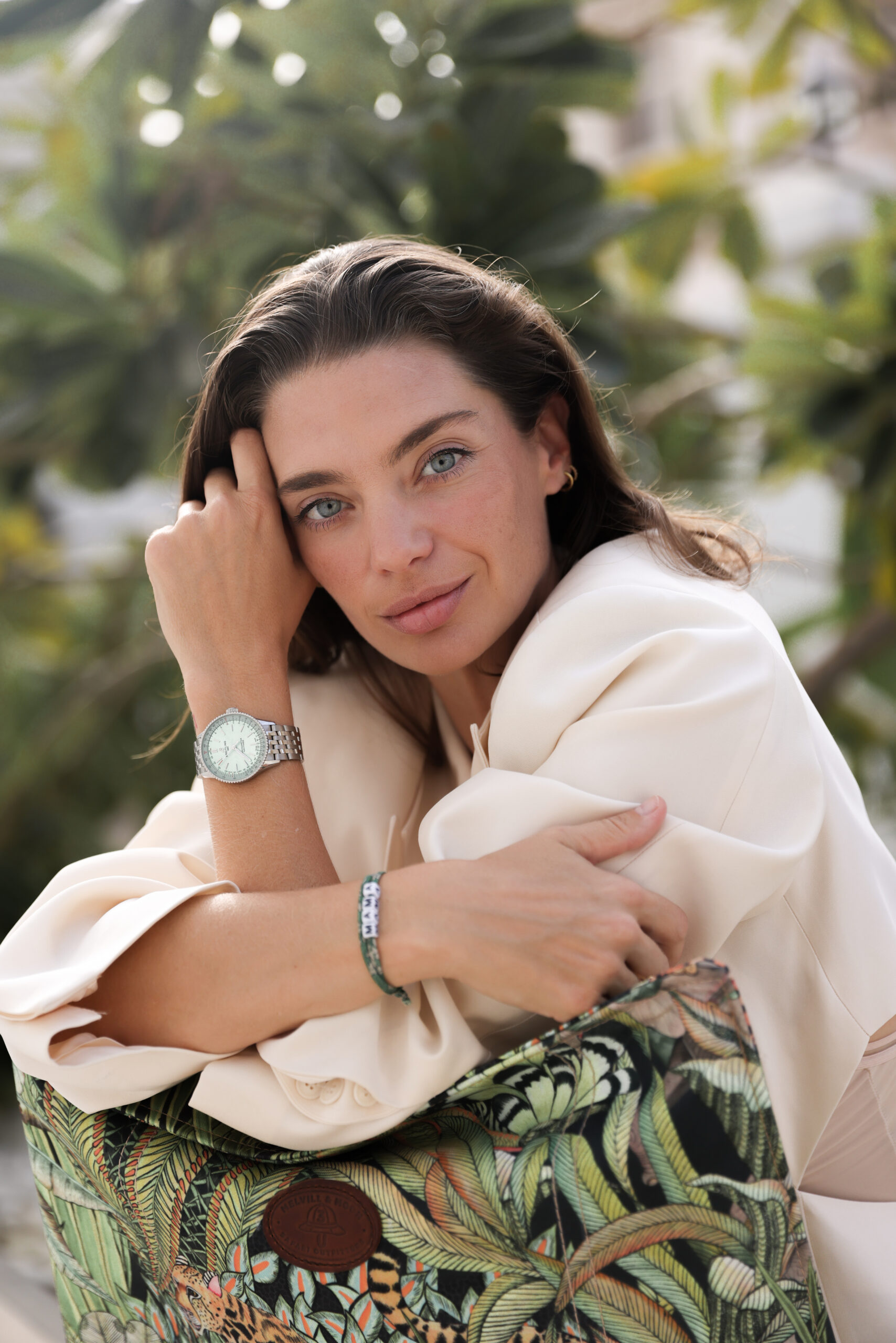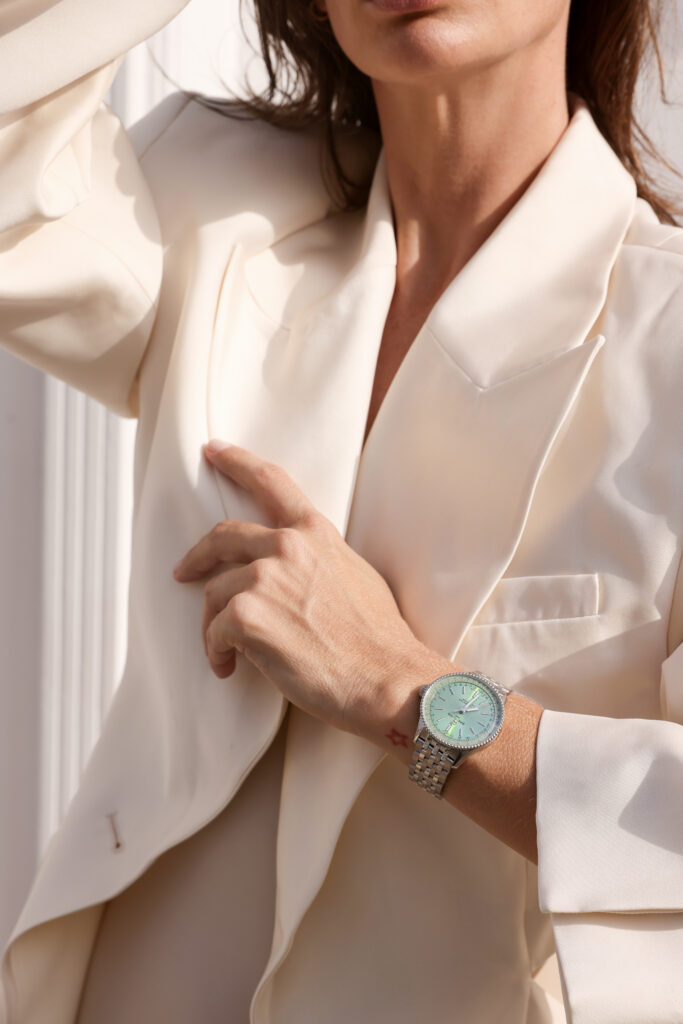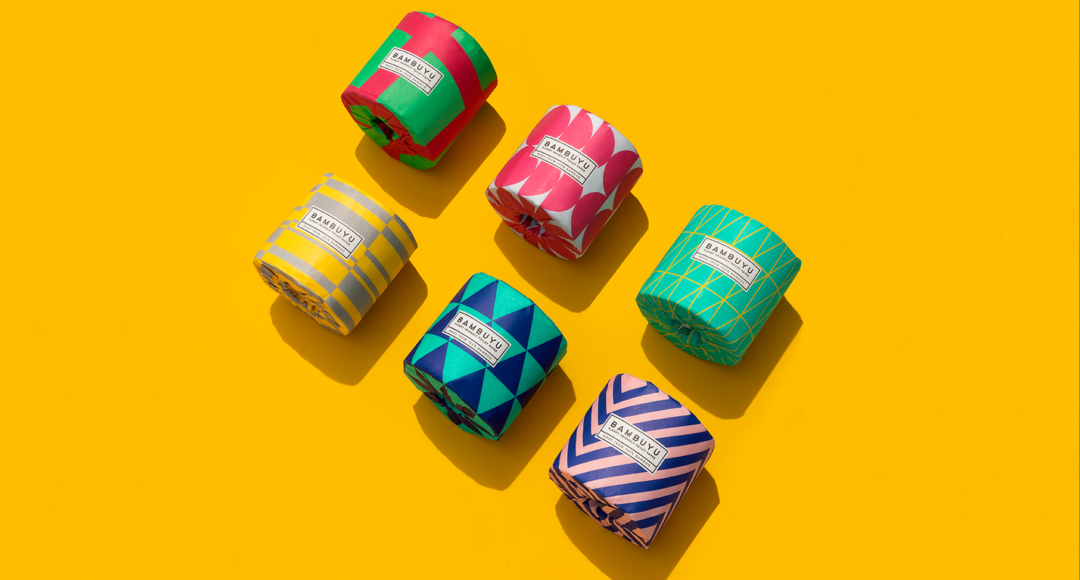There has been a growing awareness and concern about the environmental impact of our consumer habits and as a result, shopping malls around the world are taking steps to become more sustainable and eco-friendly. The aim is to also promote a culture of sustainability among shoppers. Reliable ways to manage waste and recycling options are essential for every place where large groups of people meet and spend time.
The Unity for Change – أفق initiative has unveiled a groundbreaking sustainability framework aimed at transforming retail and mall operations across the UAE. Spearheaded by Chalhoub Group, LVMH, Emaar Malls Management (L.L.C.), Majid Al Futtaim, and Aldar Properties, this alliance marks a step toward measurable environmental impact reduction. This initiative now features defined goals across three core pillars: energy efficiency via reducing carbon emissions, eco-friendly store design, and waste management.
This includes working towards achieving a minimum of 5% annual energy savings or carbon emissions reduction for all shopping malls starting 2024. Launching energy-efficient lighting systems (50% efficacy), and achieve zero waste to landfill by 2030 for LVMH and Chalhoub Group.
The findings and finalized objectives of this initiative were officially presented during the LVMH “LIFE 360 in Stores Awards” ceremony. This event, gathering experts, partners, employees, and industry leaders, was established in 2016 by LVMH, and celebrates innovative initiatives that enhance the environmental performance of the LVMH’s Maisons’ stores, based on an external audit conducted by an independent agency. Launched during COP28 in 2023, it is the first partnership of its kind in the Middle East.

